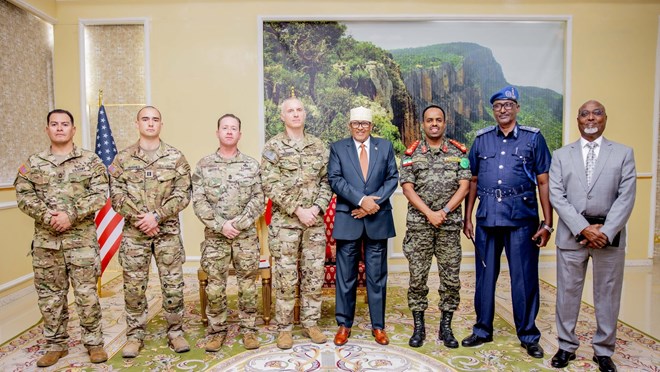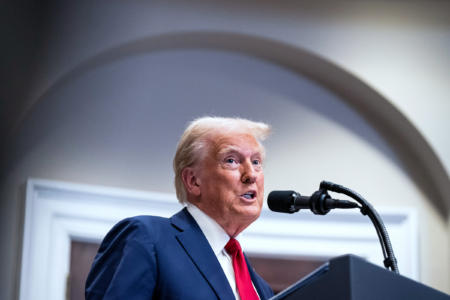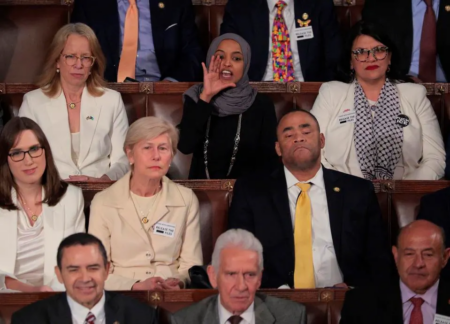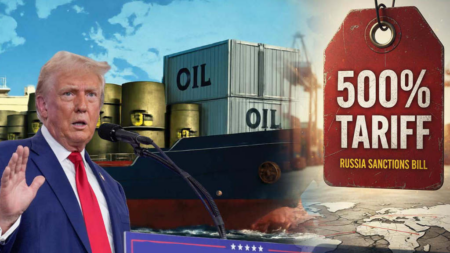Somaliland President Abdirahman Mohamed Abdillahi (Irro) met with senior US military officials to discuss security cooperation in East Africa.
Somaliland–US Meeting: Key Discussed Issues
According to a statement from the Presidency of Somaliland, Somaliland–US Meeting covered several key issues including:
- Strengthening regional security
- Bilateral collaboration between Somaliland and the United States
- The strategic role of Somaliland in promoting peace and stability
Somaliland President Thanks the USA for Its Support
Irro emphasized that Somaliland has maintained security, democratic governance, social development, and peaceful coexistence for over 30 years.
He thanked US legislative bodies for their support of Somaliland’s cause and signaled hopes for shifts in U.S. foreign policy concerning Somaliland and its relationship with the Federal Republic of Somalia.
US military officials, for their part, praised Somaliland’s record and promised to enhance cooperation through training, technical assistance, and other security-related support.
Reactions in Somali Federal Member States
So far, public information does not show explicit declarations of either support or rejection from other Somali states (such as Puntland, Jubaland, Galmudug, Hirshabelle, Southwest, or Somaliland’s neighbor Puntland) regarding Somaliland–US meeting.
How Can We Interpret the Silence of Somali States?
No sources cited reactions from these states at the time of the meeting.
This silence can be interpreted in several ways:
- Perhaps states are awaiting clarification of US and federal Somali government positions before weighing in.
- Some may see tactical advantage in non-alignment until their interests, especially around resources, security cooperation, and territorial integrity, are clarified.
- Others may be cautious to engage overtly given sensitivities over Somaliland’s self-governing status and the Federal Government’s stance regarding Somali unity.
Puntland, for example, has in other contexts cooperated with US forces (especially in counter-terror operations), but there is no report that Puntland supported or rejected this particular meeting.
Read also: 8 International Food Security Projects in Somalia Supporting Displaced People
Federal Somalia’s Perspective & Political Implications
At the federal level in Mogadishu, this development has mixed potential outcomes:
Challenge to “One Somalia” Policy:
The Federal Republic of Somalia has historically insisted on the sovereignty and territorial integrity of Somalia, under its constitution, which treats Somaliland as part of its territory (though Somaliland has functioned independently since 1991).
A high-profile meeting with US military leaders lends Somaliland legitimacy in international eyes, which could undermine the “One Somalia” doctrine.
Potential Strain in Federal-Somaliland Relations;
The meeting may increase mistrust between Somaliland and Mogadishu.
Especially if federal authorities view this as bypassing Somalia’s central government in diplomatic or security matters.
The lack of formal recognition of Somaliland complicates any bilateral foreign engagements, as Somalia sees those as potentially violating its sovereignty.
Domestic Political Pressure:
Within Somaliland, participation in such meetings may strengthen Irro’s political position, reinforcing claims of responsible governance and strategic value.
In federal Somalia, political actors may either capitalize on the meeting to demand greater clarity in how the federal government manages foreign relations, or oppose it outright if seen as eroding unity.
Somaliland–US Meeting: Global & Regional Significance
On a wider scale, this meeting matters for multiple reasons:
Geostrategic location:
Somaliland is near key shipping routes, including the Gulf of Aden and the Bab el-Mandeb strait.
Having a stable local partner enhances US interest in securing maritime trade corridors and counter-terror efforts in the Horn.
Counter-terrorism and regional security:
As Somalia struggles with Al-Shabaab and other militant threats, U.S. military cooperation with Somaliland offers alternatives or complements to current operations. Somaliland’s stability is seen by many as an asset in maintaining security along land and sea.
Global recognition debates:
The meeting adds fuel to discussions in U.S. Congress and think tanks about whether recognizing Somaliland could be part of American foreign policy.
While formal diplomatic recognition has not yet occurred, the support from US legislative bodies and the military is seen as incremental steps.
Balance with other international actors:
the UAE, China, Turkey, and Egypt have shown interest in the Horn, including in Somali affairs.
The US engagement with Somaliland may be both cooperation and competition in influence, infrastructure, naval access, and trade routes.
Somaliland Might Be A Reliable Partner in the Horn of Africa
The meeting between Somaliland’s president and senior U.S. military officials is significant at local, federal, and global levels.
While other Somali states have not publicly taken sides (yet), the Federal Republic of Somalia faces political pressure regarding its control over foreign engagements and its “one Somalia” policy.
Globally, the event reflects Somaliland’s strategic appeal and could shift regional alignments, especially as nations seek reliable partners in the Horn of Africa.
Somaliland–US Meeting is More than Symbolic, Why?
For Somalia’s federal system, the implications are serious: either negotiate clearer roles for Somaliland and the federal government in foreign and security policy, or risk deepening fragmentation.
The event is more than symbolic; it may presage policy shifts in how Somaliland is treated internationally, how Somalia’s unity is preserved, and how regional security alliances are drawn.








